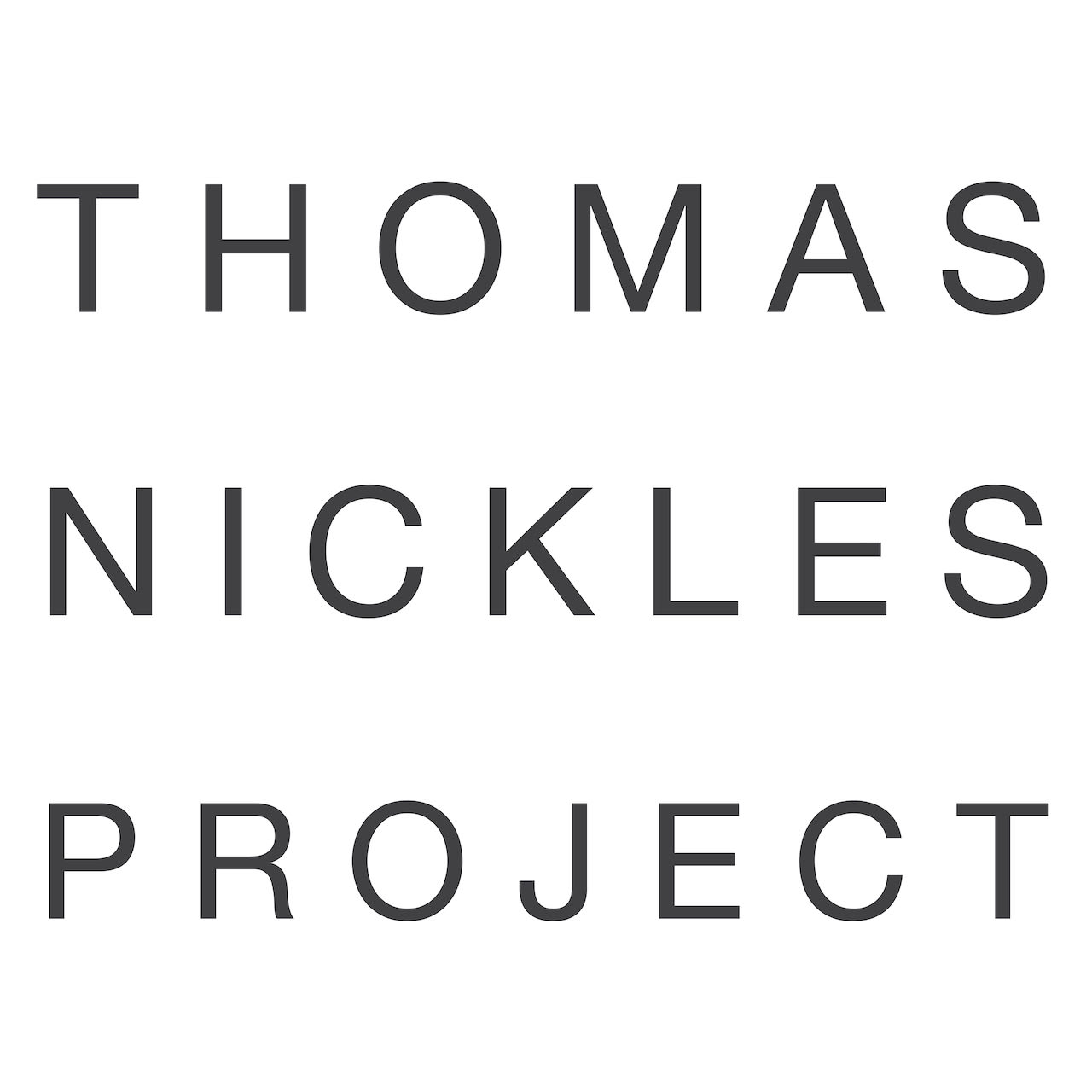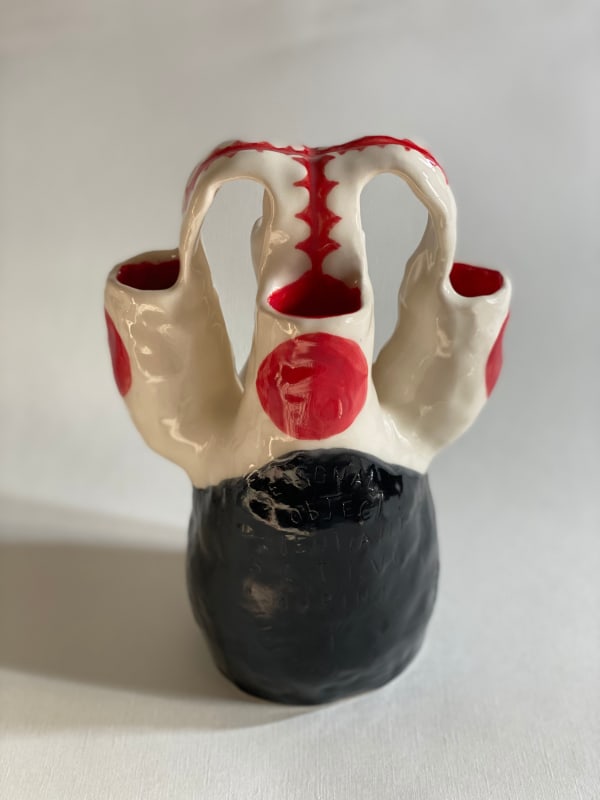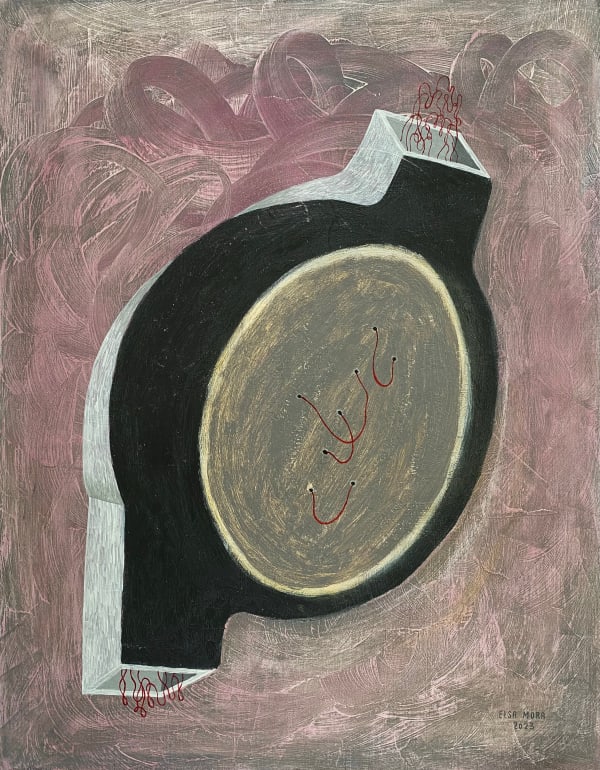Elsa Mora b. Holguín, Cuba | 1971
Elsa Mora is an artist and curator. A recipient of the UNESCO-Aschberg Bursaries for Artists, she was born and raised in Cuba and moved to Los Angeles in 2001, where she lived until 2014. Mora currently resides and works in Frenchtown, New Jersey.
Elsa Mora’s work reflects on issues of identity, connectivity, and survival. Through a variety of media, she explores philosophical questions associated with isolation, the invisible, and bringing order into chaos. Among other materials, Mora has been fascinated by paper and its unassuming nature, which she sees as a metaphor for the mind and its endless potential for transformation. Her autistic son, Diego, has been an important source of inspiration in Mora’s latest works as well.
Elsa's art has been exhibited worldwide in art galleries and museums. She taught at the Vocational School of Arts in Camagüey, Cuba, and has been a visiting artist at the Art Institute of Chicago, San Francisco State University, the Art Institute of Boston, the MoMA Design Store, and the National Gallery of Art, among others.
Her work is in the permanent collection of the National Museum of Women in the Arts in Washington, D.C.; the Long Beach Museum of Art, California; and the Jordan Schnitzer Museum of Art at the University of Oregon. Mora has collaborated as an illustrator with such organizations as the Museum of Modern Art, Chronicle Books, The New York Review of Books, Penguin Random House, The Oprah Magazine, Cosmopolitan, and teNeues, among others.
Mora is one of the founding members of ArtYard, a contemporary art center based in Frenchtown, New Jersey, where she is artistic director and curator.
-

An Inventory of Tools for Coping
Elsa Mora September 9 - December 23, 2023-How do you define yourself and your work and why? As an artist, I find it hard to define myself and what I do. Perhaps it’s fear of closing the...Read more -

Mindset
Elsa Mora February 6 - 20, 2023This series of 6 process-oriented pieces under the title Mindset is based on the book: 'Obliquity. Why our goals are best achieved indirectly' by John Kay. This book describes the...Read more









